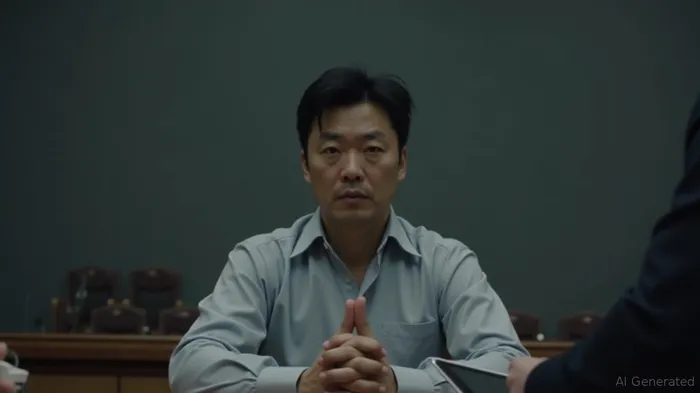Do Kwon's Indictment May Change With GENIUS Act Passage
Terraform Labs co-founder Do Kwon, who is currently facing criminal charges in US federal court, may see alterations to his indictment due to pending legislation in the US Congress. During a status conference held on Wednesday before Judge Paul Engelmayer in the US District Court for the Southern District of New York, the judge acknowledged the potential impact of the GENIUS Act on Kwon’s charges related to securities fraud.
The GENIUS Act, formally known as the Guiding and Establishing National Innovation for US Stablecoins, was passed by the US Senate on June 17. However, it still requires a vote in the House of Representatives before it can be signed into law by the President. This legislation focuses on regulating payment stablecoins and could significantly affect the charges against Kwon, which are linked to the TerraUSD (UST) algorithmic stablecoin and the platform’s LUNA token.
The collapse of the Terra ecosystem in 2022, when the UST stablecoin depegged from the dollar, led to substantial financial losses for investors. This event prompted authorities in South Korea and the US to pursue criminal charges against Kwon and other executives. Kwon was arrested in Montenegro in 2023 on charges unrelated to crypto and was extradited to the US in December to face nine felony counts, including securities fraud, commodities fraud, market manipulation, and money laundering.
Kwon has pleaded not guilty to all charges and is currently being held without bail. His criminal trial is scheduled to begin in January 2026. The legal proceedings have been marked by numerous delays and considerations, including the potential influence of rulings from a civil case involving the Securities and Exchange Commission (SEC). In 2024, a jury found Terraform Labs and Kwon liable for defrauding investors, which could have implications for Kwon’s criminal case.
The GENIUS Act is part of a broader effort to establish a regulatory framework for digital assets. Another bill, the STABLE Act, or the Stablecoin Transparency and Accountability for a Better Ledger Economy, is also moving through the House of Representatives. Both pieces of legislation could significantly alter how financial regulators and authorities handle cases involving cryptocurrencies.
The potential changes in US crypto laws have already influenced other high-profile cases. In February, the legal team for former SafeMoon CEO Braden John Karony requested a delay in his criminal trial, citing the possibility of changes in securities laws that could affect his charges. Karony was ultimately found guilty on all counts in May, setting a precedent for how legislative developments in the crypto regulatory landscape could impact ongoing cases.
As the legal and regulatory environment for cryptocurrencies continues to evolve, the outcome of Do Kwon's criminal case remains uncertain. The passage of the GENIUS Act or similar legislation could lead to significant changes in the charges against him, potentially altering the course of his legal battle. The resolution of this case will be closely monitored by industry stakeholders and legal experts, as it could set a precedent for future crypto-related prosecutions.

Conoce rápidamente la historia y el origen de varias monedas bien conocidas
Latest Articles
Stay ahead of the market.
Get curated U.S. market news, insights and key dates delivered to your inbox.



Comments
No comments yet